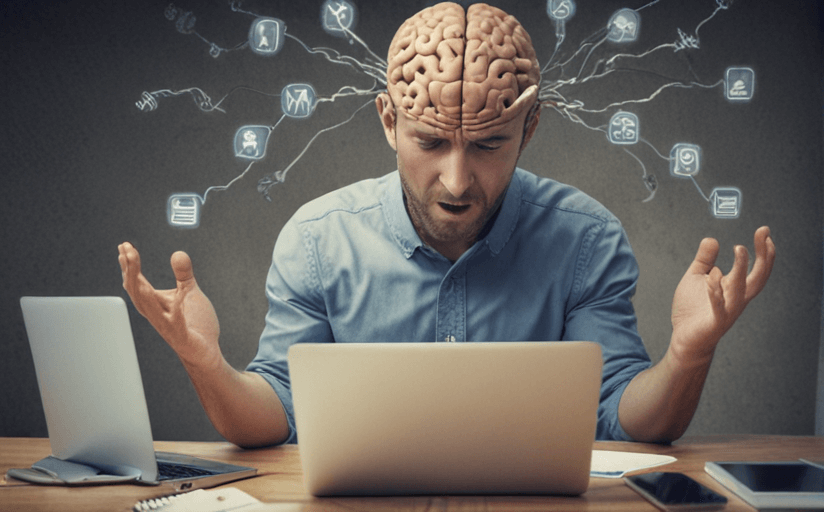The Influence of Digital Devices on Mental Health and Wellness
Utilization of digital devices notably smartphones, computers, tablets, and other internet-enabled gadgets have become increasingly prevalent in contemporary society. As much as they offer convenience and enhance connectivity, there is growing concern about their impact on mental health and wellness. This article explores the diverse aspects of digital device usage and how it contributes to mental health issues alongside its positive impacts.
The dark side of Digital Devices
There’s a growing body of research suggesting that excessive usage of digital devices can contribute to an array of mental health problems including stress, anxiety, depression, sleep disorders, and many others.
Stress, Anxiety and Depression
A 2017 study published in the Computers in Human Behavior journal found a link between high-frequency digital media use and symptoms of attention deficit hyperactivity disorder (ADHD) in adolescents. Increased screen time has been associated with heightened levels of stress, anxiety, and depression. The JAMA Psychiatry also published a study in 2019 indicating a strong association between the use of social media and increased risk of depression among adolescents.
Sleep Disorders
Frequent usage of digital devices, especially before sleep, might disrupt our sleep cycles. The blue light emitted by gadget screens is known to suppress melatonin, the hormone that regulates sleep. This can lead to sleep disorders, according to findings published in the Sleep Medicine Reviews journal.
Potential Benefits of Technology
Despite these ramifications, technology has also shown potential in fostering mental wellbeing by offering innovative solutions like mental health apps, remote counseling, and online support communities.
Mental Health Apps
Apps like Headspace and Calm provide mindfulness and relaxation techniques that could help in managing anxiety and improving sleep quality. Moodpath, another app, enables users to track their mood daily, learning to identify patterns and triggers of mental health conditions.
Remote Counseling and Online Support Communities
Amidst the COVID-19 pandemic, technological advancements facilitated remote counseling or teletherapy, providing a safe and accessible way to continue mental health treatment. Moreover, online support communities such as those on Reddit or Facebook act as secure spaces for individuals experiencing similar mental health issues to share their experiences and feel less isolated.
Mitigating the Negative Effects
To reap the benefits of digital devices without compromising mental health, it's necessary to maintain balance. Here are a few strategies:
- Setting boundaries: Allocating specific times for using digital devices can prevent excessive usage. Allocate 'tech-free' times for unwinding and relaxation.
- Digital Detox: Regularly having digital detox sessions to disconnect from the digital world can refresh and rejuvenate one’s mind.
- Nurturing offline Relationships: Investing time in offline relationships can contribute to better mental health and life satisfaction.
- Leaning on tech for wellness: Utilizing apps for mindfulness, meditations, or sleep enhancement can create positive impacts.
In conclusion, while digital devices have revolutionized our lives, their impact on mental health is a growing concern. But with informed usage and the right strategies, technology can be a tool for promoting mental wellness rather than a cause of harm.


















Comments
Leave a Comment